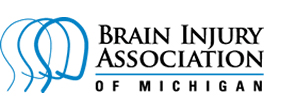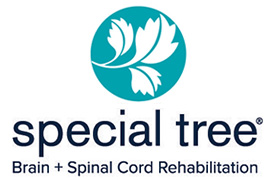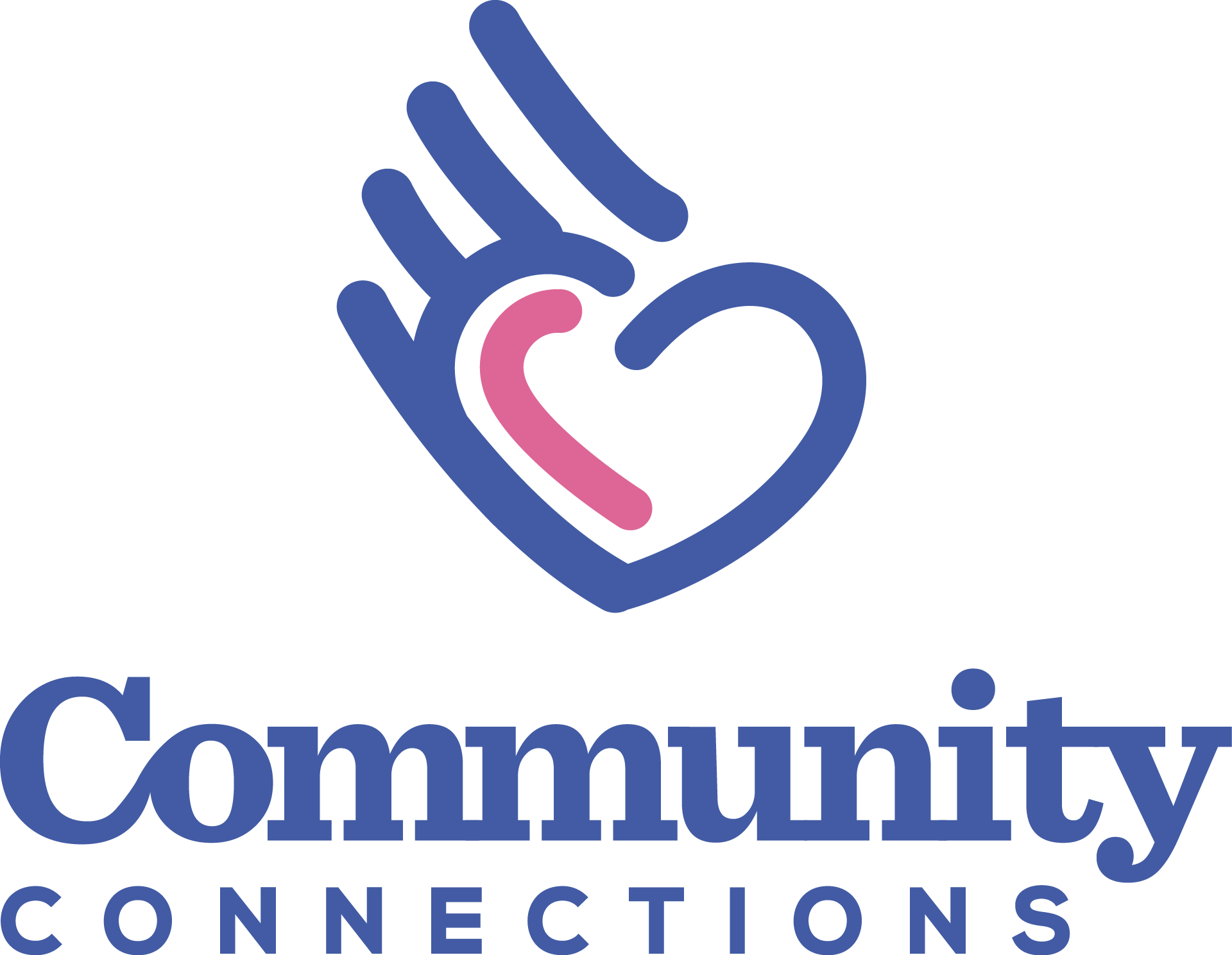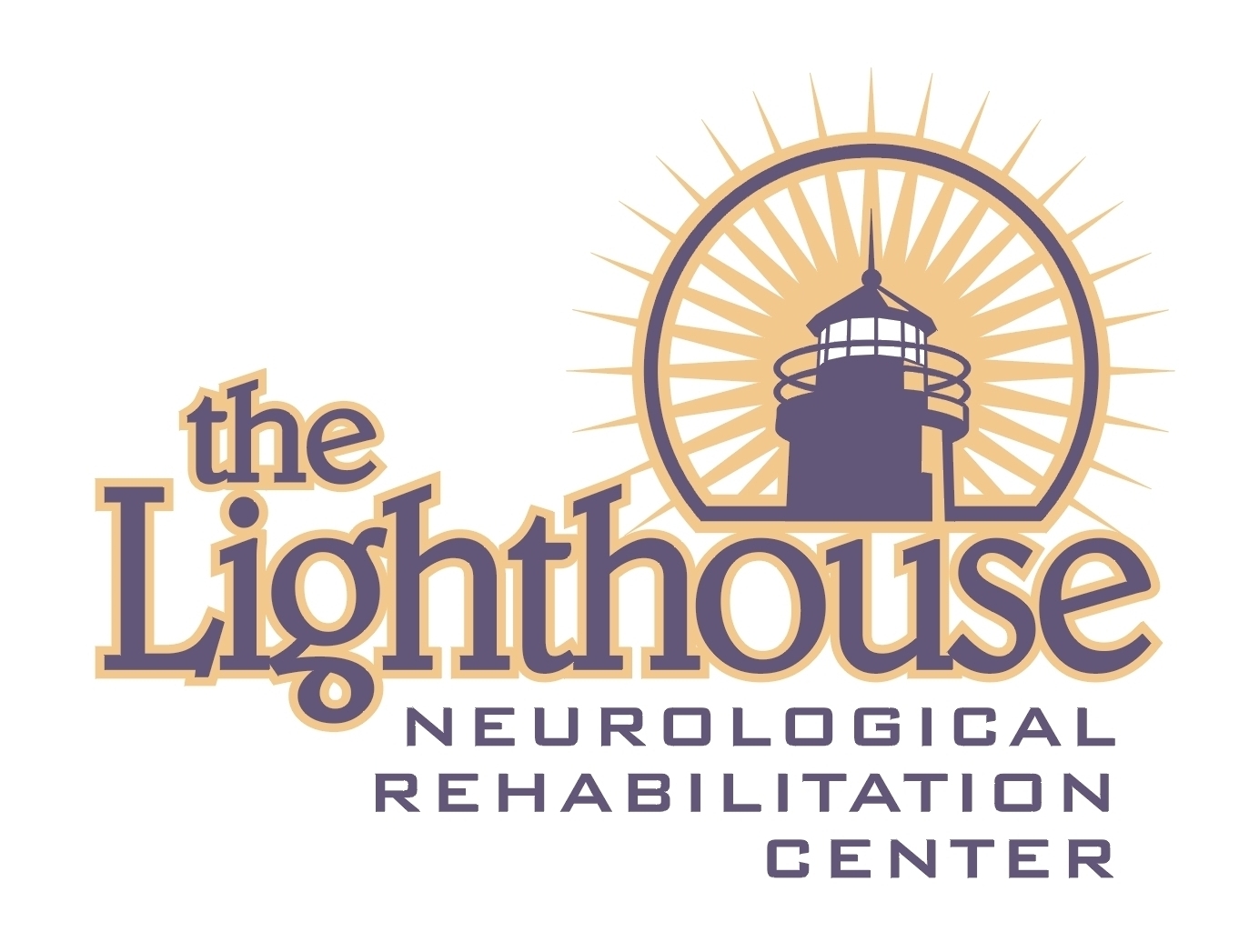A brain injury can be an overwhelming experience for survivors and family members. Even though every brain injury is uniquely different, the information and resources available on these pages should provide the foundation for better understanding and coping with the condition.
Family Helpline: 800-444-6443
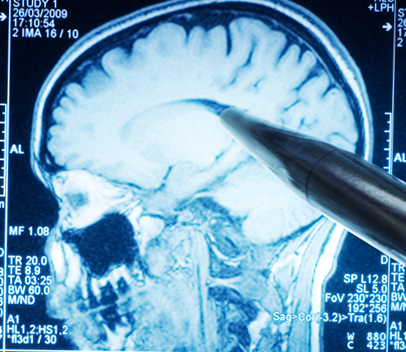
BIAMI President's Statement on Opposition to Allowing Heavier Trucks on Michigan Roads
The Brain Injury Association of Michigan is dedicated to brain injury prevention, advocacy, and support. As part of our mission, we work to identify policies that could have an impact on injury rates. To that point, recent proposals that would allow for increased truck size and weight represent a significant threat to public safety. Heavier and longer semi-trucks have been found to have higher crash rates. In 2013, in fact, the CDC found traumatic brain injuries stemming from motor vehicle accidents to be responsible for 392,000 emergency room visits and 9,500 deaths. Putting more dangerous vehicles on the road, including 91,000 pound trucks and 33’ double trailers, represents an enormous setback in our efforts to reduce these rates.
In 2016, the United States Department of Transportation completed the MAP-21 Comprehensive Truck Size and Weight Limits Study, ultimately recommending no change to current law. Their findings on crash rates were particularly disturbing. In limited state testing, heavier trucks were found to have crash rates ranging from 47-400% higher than traditional 80,000 pound trucks. This was due to increased stopping distance and lessened ability to make evasive maneuvers. When involved in a crash, the additional weight leads to substantially increased damage.
Similarly, a 2000 USDOT study found multi-trailer configurations to have an 11% higher fatal crash rate. Increasing the length of double trailers to a combined 66 feet, over 13 feet longer than a traditional semi-truck, creates enormous blind spots, increased rollover risk, and resultantly, more severe accidents.
The reduction of traumatic brain injury is our primary objective, and vehicle accidents represent one of the most significant causes. Increasing truck size and weight clearly poses a severe risk to motorists and ultimately a greater financial burden on the State. We join the Brain Injury Association of America in strongly urging your opposition to proposals that would allow for 91,000 pound semi-trucks and longer double trailers.
Thomas F. Constand
Michigan Auto No Fault: Fix the Flaws, Keep the Coverage
Now that Michigan’s Auto No-Fault (ANF) system is under attack by the insurance industry, it’s easy to forget just what an extraordinary legislative accomplishment this was in 1972. Enacted one year later, it eliminated the tort system’s high legal fees (30% to 50% of claims), reduced years of legal delay, and covered the catastrophically injured regardless of who was at fault.
Our ANF system still works as intended, but its cost to Michigan policy holders is making the system less attractive. It’s even worse for Detroiters, who on average pay twice the premium cost as suburbanites. No wonder people are rightly demanding cost reductions.
But instead of eliminating no-fault, or capping benefits at a level that wouldn’t cover a single month of hospitalization — let alone a lifetime of care for a catastrophically injured person — we should fix the flaws. That means:
- Make the yearly no-fault fee calculation transparent. That fee is currently set at $160 — $170 as of June — by the Michigan Catastrophic Claims Association. The MCCA is comprised entirely of insurance executives, with one exception: Michigan’s Director of the Department of Insurance and Financial Services. No individual consumer or consumer group is represented. Worse, although a public body, the MCCA refuses to divulge how it calculates the annual fee given their $15 billion+ pool of available funds. It’s time to open the doors, MCCA.
- Eliminate ANF fraud. Some consumers try to game the system by “staging” accidents or cheating on claims. They should be brought to justice. In many cases, though, unscrupulous lawyers encourage illegal behavior by “ambulance chasing,” sending patients to captive healthcare providers to jack up charges, and stationing “agents” at emergency rooms and in hospitals to solicit clients and then pressure them to claim exaggerated or non-existent injuries. These behaviors need to be eliminated, as should the behavior of insurance companies which deny or delay paying legitimate claims. Eliminating “bad faith” behavior on every side saves costly litigation and gets the right compensation to the right parties at the right time.
- Equalize the medical cost structure for claims. The insurance industry says doctors and hospitals charge up to four times for ANF patient services what they accept for Medicare or Worker’s Comp treatments, but hospitals structure pricing on volume and negotiated discounts. In other words, the solution isn’t to engage in a “he said, she said” debate, but bring both parties to the table to agree on a reasonable rate schedule. This would not only help avoid litigation, but ensure prompt payment and financial stability – especially important for smaller providers.
- Stop the redlining in Detroit. Redlining is illegal in most industries but it’s alive and well for auto insurance companies in Detroit – which fix rates based not on a driver’s actual record, but where he or she lives. When drivers are judged by how they drive instead of where they live, their auto insurance will reflect reality – instead of insurance price gouging.
- Look at other high-cost parts of auto policies. Personal Injury Protection (PIP) is a big component of an auto policy’s cost, but collision insurance is almost 30 percent of a typical premium and it costs more in Michigan than anywhere else in the country! That’s why it makes good sense that collision should be part of any discussion on lowering auto insurance premiums.
Today, Michigan has the nation’s very best network of brain and spinal cord injury doctors, hospitals, therapists, rehabilitation facilities, and case managers. The lives of tens of thousands of survivors are owed to that network, and it was possible only because of auto no-fault. The sensible solution for Michigan consumers is to keep what’s best about no-fault while eliminating its costly flaws.
Tom Constand
President and CEO
The Brain Injury Association of Michigan
BIAMI Statement on Distracted Driving to Michigan House Traffic and Infrastructure Committee
Michigan House of Representatives
Traffic and Infrastructure Committee
May 30, 2017
Good morning, Mr. Chairman and distinguished committee members. My name is Tom Constand, president of the Brain Injury Association of Michigan, and I’m pleased to be representing the BIAMI membership and our brain injury survivor constituents in support of house bill 4466 introduced by Representative Howrylak.
While the motto of the Brain Injury Association of Michigan is to provide help, hope, and healing to survivors, particularly of traumatic brain injury, prevention is fundamental to our mission. Since auto accidents account for 30 percent of all brain injuries in Michigan – second only to falls – efforts to reduce the number and severity of such accidents deserve both our support and our gratitude.
Evidence suggests that the recent uptick in auto accidents in Michigan is due in large part to distracted driving. In fact, the national safety council has found that texting while driving is six times more likely to cause an accident than driving drunk. As I believe the committee is aware, texting while driving is particularly endemic to our youngest, least experienced, and in many ways most vulnerable drivers, the teens in our communities. According to the AAA, 94 percent of this cohort acknowledges the danger of texting while driving yet 35 percent admit to doing it anyway. One result is that of those teens involved in fatal accidents, 21 percent were distracted by their cell phones.
While the distractions of cell phones and texting while driving affect teenage drivers in particular, the problem is truly a societal one and thus requires a societal response. House bill 4466 does exactly that by establishing consequential penalties for distracted driving, penalties we believe will give pause to teens as well as adults and, as a result, save the lives of countless Michiganders.
I wholeheartedly urge this committee to support house bill 4466, which has received full support of the Brain Injury Association, our membership, and the 200,000 Michiganders living with brain injury.
Thank you for your time and courtesy.
Survivors & Family Resources
College Guide for Students With Physical Disabilities
Michigan Alliance for Families
Michigan Resource Guide for Persons with Traumatic Brian Injury and Their Families
Important Information about Working with and Caring for Persons with Brain Injury
Recovering from Mild Traumatic Brain Injury/Concussion: A Guide for Patients and Their Families
Recovering from Mild Traumatic Brain Injury/Concussion Summary Fact Sheet
Important Information about Working with and Caring for Persons with Brain Injury (Arabic version)
Important Information about Working with and Caring for Persons with Brain Injury (English version)
Important Information about Working with and Caring for Persons with Brain Injury (Spanish version)

Legal Resources
BIAMI does not recommend or endorse attorneys or law firms, although we do provide links to BIAMI member firms and lawyers in our Provider Directory. That said, survivors have found the information and resources on the following law firms’ websites and blogs especially helpful.
- ABA Commission on Disability Rights
- Information and Technical Assistance on the Americans with Disability Act
- Disability Rights Legal Center
- Legal Aid of Western Michigan
- Michigan Legal Help (for those who want to learn how to represent themselves)
- Disability Rights Michigan

Legal Resources
BIAMI does not recommend or endorse attorneys or law firms, although we do provide links to BIAMI member firms and lawyers in our Provider Directory. That said, survivors have found the information and resources on the following law firms’ websites and blogs especially helpful.
ABA Commission on Disability Rights
Information and Technical Assistance on the Americans with Disability Act
Disability Rights Legal Center
Michigan Legal Help (for those who want to learn how to represent themselves)
National Council on Disability
National Disability Rights Network
Oakland County Legal Aid Clinics
Southeastern Michigan Administrative Services Group
State Bar of Michigan: Legal & Law Related Programs by County (for those who can not afford lawyers)
UM Law School: Community Resources
Military and Veterans
Brain Injury Resources
The nature of recent wars and conflicts, particularly in Afghanistan and Iraq, have resulted in tens of thousands of brain injuries to US servicemen and women and, frequently, the added complications of post- traumatic stress disorder (PTSD). These TBI survivors deserve special recognition and support, not only for the contribution of their armed forces service, but, quite often, for the lack of acknowledgement, treatment, and post-injury services initially offered by the military and occasional lack of respect and sympathy from the public. Today, the Department of Defense has become both active and proactive in diagnosing and treating TBI and PTSD, although support services still tend to lag.
BIAMI salutes all our veterans and active servicemen and women, and hopes the following resources may be useful to them and their families in better understanding and better supporting their efforts for the highest quality of life possible.
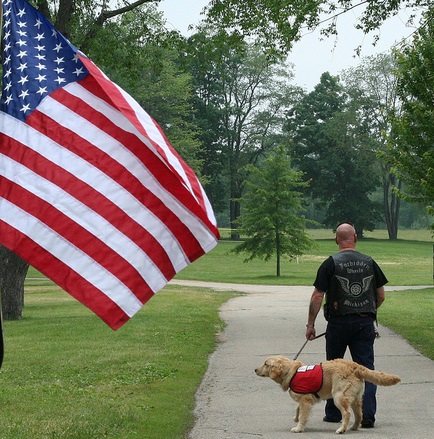
Military and Veterans
Brain Injury Resources
The nature of recent wars and conflicts, particularly in Afghanistan and Iraq, have resulted in tens of thousands of brain injuries to US servicemen and women and, frequently, the added complications of post- traumatic stress disorder (PTSD). These TBI survivors deserve special recognition and support, not only for the contribution of their armed forces service, but, quite often, for the lack of acknowledgement, treatment, and post-injury services initially offered by the military and occasional lack of respect and sympathy from the public. Today, the Department of Defense has become both active and proactive in diagnosing and treating TBI and PTSD, although support services still tend to lag.
BIAMI salutes all our veterans and active servicemen and women, and hopes the following resources may be useful to them and their families in better understanding and better supporting their efforts for the highest quality of life possible.

Excellent informational, medical, and supportive information from Brainline: Military Brain Injury.
Auto No-Fault Resources

